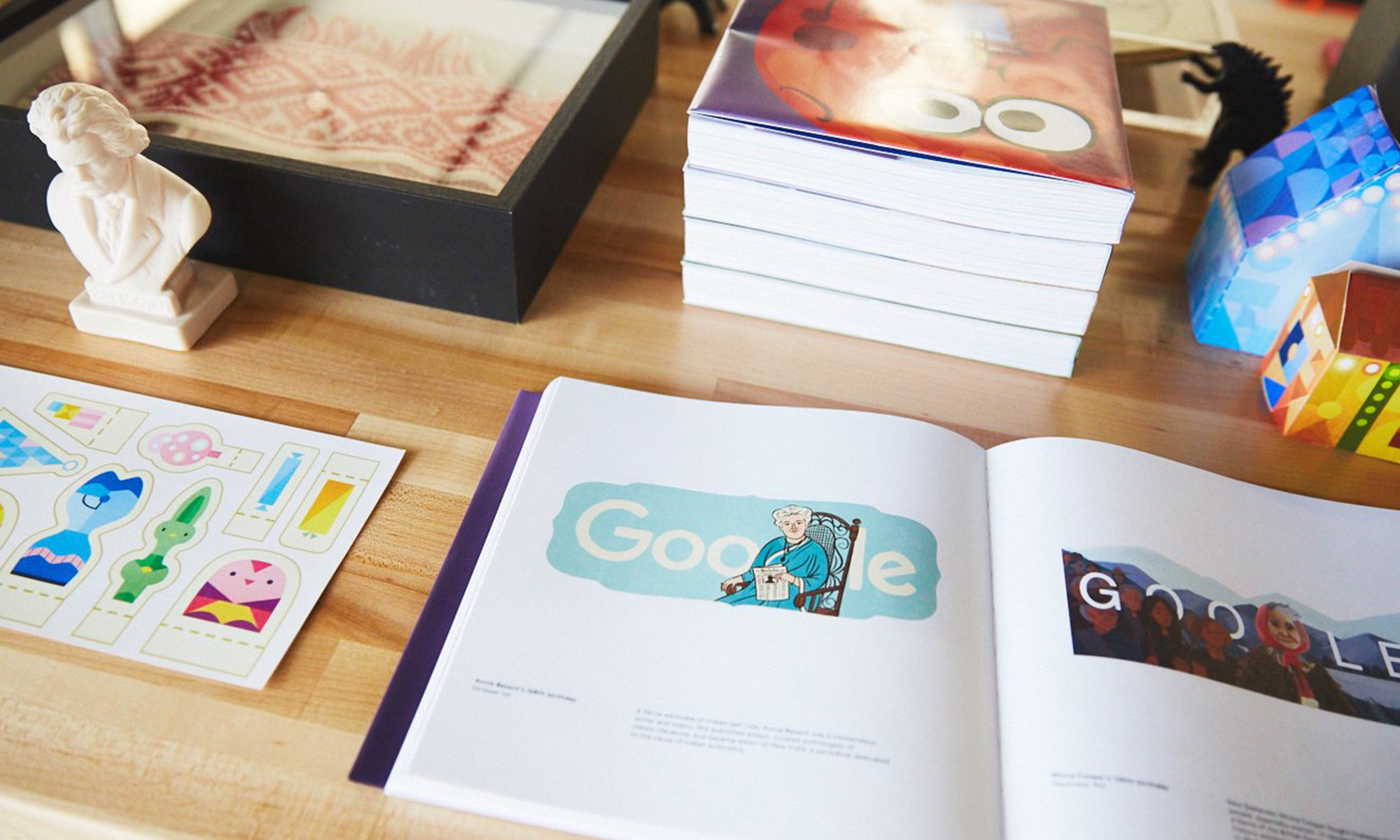Samsung's (NASDAQOTH: SSNLF) Galaxy Gear smart watch might not sell well -- at least at first. Reviews of the device have been poor, it will only work with one handset at launch, and its $299 price tag could keep it out of many consumers' budgets.
But if it ever does catch on, it could strengthen Samsung's hold on its portion of Google's (GOOG +1.55%) Android empire. There have been rumblings of a brewing feud between the search giant and the South Korean conglomerate, and the design of Samsung's smart watch suggests there might be something to the rumors.
Samsung emphasizes its own app store with the Galaxy Gear
Google's alternative to Apple's (AAPL +0.17%) App Store and iTunes, Google Play, comes preloaded on all Android devices. Owners of Galaxy phones have a second option, Samsung's own app store (the aptly named "Samsung Apps").
Samsung's app store represents another way Samsung continues to undermine Google. If owners of Galaxy handsets choose to use Samsung's app store instead of Google's, they become loyal to Samsung, not Android. Fortunately, there's little reason for Google to worry right now -- Samsung's app store is vastly inferior to Google's (despite owning three Samsung smartphones, I have never once used the Samsung app store myself).
But that could change. Buyers of Samsung's Galaxy Gear will be forced to use Samsung's own Gear Manager app, and from there, Samsung will maintain control over software distribution. Third-party apps, including Snapchat's upcoming Galaxy Gear-compatible version, will have to run through the Gear Manager.
Moreover, the Gear itself represents a break between Samsung and Google. At launch, the Gear will only work with two of Samsung's devices. In time, the South Korean tech giant will add support for other Galaxy phones and, potentially, other Android handsets.
But as GigaOM points out, it's not really clear how that would work. For example, how would the Gear work with a phone that lacks Samsung-specific apps such as S-Voice or S-Health? How could a Gear owner get access to third-party apps available only on Samsung's app store?
Samsung has no real incentive to add support for non-Galaxy devices. As it already controls so much of the Android market, it would be better for Samsung to keep its existing customers loyal rather than attempt to draw in new ones.
Smart watches are the next leg of the ecosystem
Ultimately, the value of smart watches might lie in their ability to retain customers. Apple has an unprecedented level of customer loyalty -- a Yankee Group survey indicated 91% of iPhone owners intend to be repeat buyers. This is likely due largely to the quality of Apple's products, but the ecosystem cannot be overlooked: Someone who has sunk hundreds or even thousands of dollars into iTunes in the form of purchased music, apps, movies, and books may not be willing to break with the iPhone, lest they lose access to their media.
A watch would only strengthen that loyalty further, which is likely why Apple is rumored to be working on such a device. Any iPhone owner who buys a $200 or $300 iWatch is even less likely to leave the Apple ecosystem.
Samsung doesn't have Apple's loyalty advantage. According to many critics, it still makes the best Android phones, but that might not always be the case. Should the day come when its hardware is surpassed by HTC, Motorola, or a Chinese newcomer like Lenovo or Xiaomi, it could quickly lose its base of customers -- there would be no reason for them to stay.
Google reportedly has its own watch in the works
To counteract Samsung's hardware-based Galaxy ecosystem, Google could fight back with competing devices of its own. The search giant, like Apple, reportedly has its own watch in the works, which would not be surprising given the company's recent forays into hardware.
In fact, back in August, Google acquired WIMM Labs, the producer of an Android smartwatch. WIMM Labs' product never really took off, but, under Google's tutelage, it could produce a worthy Android-powered watch.
Obviously, Google has a vested interested in keeping its Android platform open: continued proliferation ensures usage of its services.
Bad Gear sales would benefit Google
Although poor Gear shipments may be interpreted as a sign that Android hardware makers just aren't capable of producing quality products, the Gear's failure could actually help Google in the long run. Samsung's insistence on using its own app store, coupled with the fact that the Gear will (at least initially) only work Samsung's own handsets, means that a wildly popular Gear would give Samsung a great deal more control over Android.
That's one thing that Apple, with its integrated model, doesn't have to worry about. Google's own watch could help to offset it, but longer term, the rise of wearable computing could pressure the Android ecosystem. Samsung probably won't be the last company to try to take control of Android with its own hardware.







